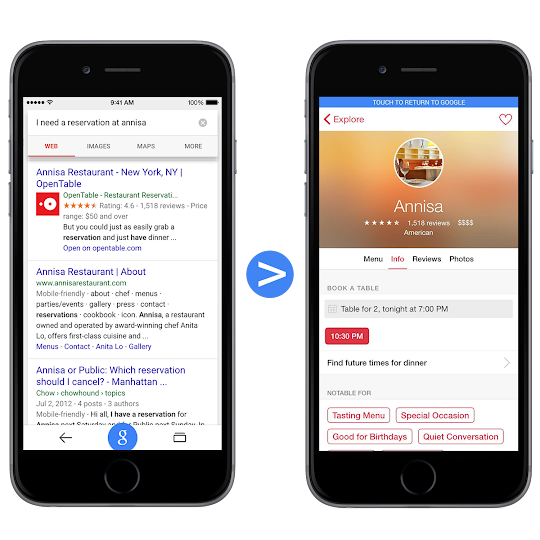Accelerated Mobile Pages (AMP) is a global, industry-wide initiative, with publishers large and small all focused on the same goal: a better, faster mobile web.
We’ve had a great response to our English language AMP office hours, but we know that English isn’t everyone’s native language.
For the next two weeks, we’re rolling out a new series of office hours in French, Italian, German, Spanish, Brazilian Portuguese, Russian, Japanese, and Indonesian and invite everyone to learn about AMP in their native language. Product Managers, Technical Managers, & Engineers at Google, will get to speak in their native tongue, and answer any questions you may have on AMP.
First we will reintroduce you to AMP and how it works, before diving into the technical specs and various components of AMP. You can add your questions via the Q and A app on the event pages below, and we will answer them during the office hours. You can also watch them on the News Lab YouTube page after the event.
Check out the lineup below and join the discussion.
- French
- Introduction to AMP - Mar. 7 @ 1700 CET with Cecile Pruvost, Industry Manager
- AMP Anatomy - Mar. 14 @ 1700 CET with Emeric Studer, Technology Manager
- Italian
- Introduction to AMP - Mar. 8 @ 1500 CET with Luca Forlin Head of International Play Newsstand Partnerships
- AMP Anatomy - Mar. 15 @ 1500 CET with Flavio Palandri Antonelli, AMP Software Engineer
- German
- Introduction to AMP - Mar. 9 @ 1700 CET with Nadine Gerspacher, Partner Development Manager
- AMP Anatomy - Mar. 18 @ 1600 CET with Paul Bakaus, Developer Advocate
- Spanish
- Introduction to AMP - Mar. 9 @ 1430 CET with Demian Renzulli, Technical Solutions Consultant
- AMP Anatomy - Mar. 16 @ 1430 CET with Julian Toledo, Developer Advocate
- Brazilian Portuguese
- Introduction to AMP - Mar. 10 @ 1430 BRT with Carol Soler, Strategic Partner Manager
- AMP Anatomy - Mar. 17 @ 1430 BRT with Breno Araújo, Technology Manager
- Russian
- Introduction to AMP & AMP Anatomy - Mar. 10 @ 1500 MSK with Natasha Rostovtceva, Strategic Partner Manager & Boris Farber, Developer Advocate
- Japanese
- Introduction to AMP - Mar. 15 @ 1800 JST with Duncan Wright, Strategic Partner Manager
- Indonesian
- Introduction to AMP - Mar. 10 @ 1400 WIB with Rica Handayani, Strategic Partner Manager


